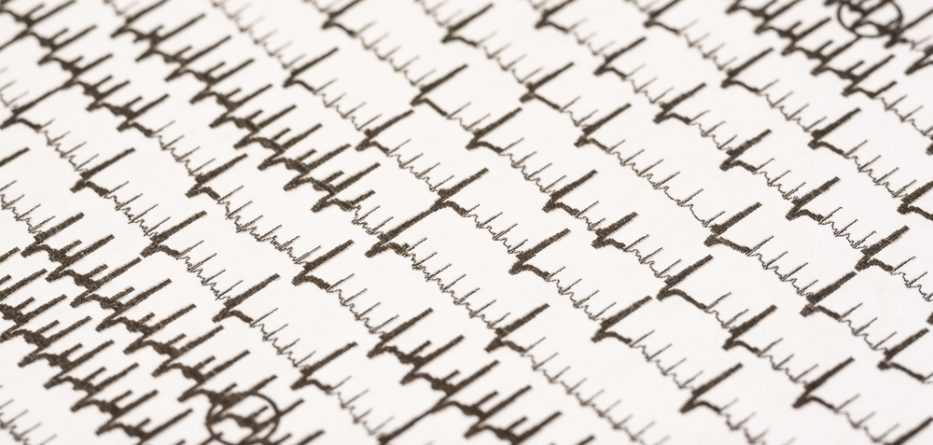In treating atrial fibrillation (AFib), the primary purpose is to correct the rhythm of the heart and circumvent the formation of stroke-causing clots. Using medications is often the most effective method of treatment for AFib patients.
For maximum efficacy, familiarize yourself with the type of medications your doctor may prescribe you and make sure to take your drugs as directed.
Role of Meds in Managing AFib
In individuals with AFib, faulty electrical synapses contribute to an irregular heart rate and rhythm. The primary symptom of AFib is heart palpitations (increased heartbeat rate). AFib interferes with normal blood circulation, affecting the atria and ventricles of the heart. This, in turn, causes blood to pool in the heart’s chambers, resulting in blood clots. If a clot makes its way to the brain, it will result in a stroke.
Most medications used for the treatment of AFib slow down the rate of heartbeat, regulate the rhythm of the heart, and stop the formation of blood clots.
Heart Rate Drugs
This group of medications works by modifying the electrical signals in the heart to correct abnormal heart rate. Even though these drugs do not have any effect on the rhythm of the heart, they are still effective in improving patients’ condition.
Beta-blockers are a category of medications that are used to reduce blood pressure. The most common ones include bisoprolol, atenolol, , sotalol, and carteolol. The side effects of beta-blockers include fatigue, lightheadedness, drying of the eyes, mouth, and skin, and decreased body temperature in the feet and hands.
Calcium channel blockers are another group of AFib medications that release tension in blood vessels to get the heart rate under control. The most common options are diltiazem and verapamil.
These medications may cause side effects such as fatigue, feet or ankle swelling, and indigestion.
Another medication by the name is also prescribed to regulate the electrical impulses of the heart to normalize the heart rate.
Heart Rhythm Medications
These medications work by decelerating the electrical impulses within the heart to regulate heart rhythm. The medications included in this class are amiodarone, dofetilide, disopyramide, flecainide, propafenone, and sotalol. In most cases, patients need to go on a course of blood thinners before they can start taking heart rhythm medicines.
Medications for Blood Clots and Stroke
Anticoagulants—or blood thinners—usually suffice as a preventive approach for clotting. These medications can also reduce one’s risk of having a stroke by nearly 70%. In addition to the older options such as and , there are now newer, more advanced drugs used for the treatment of AFib, such as , , , and .
Featured Image: DepositPhotos/ radub85




